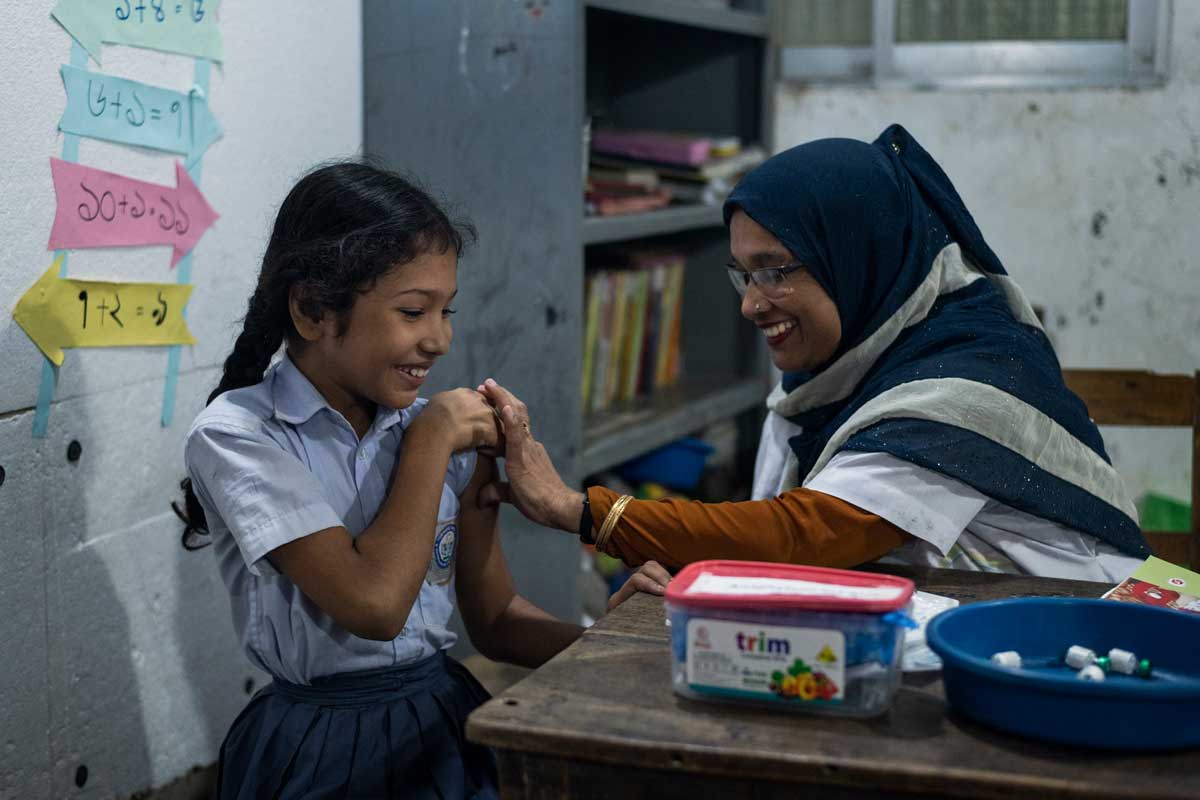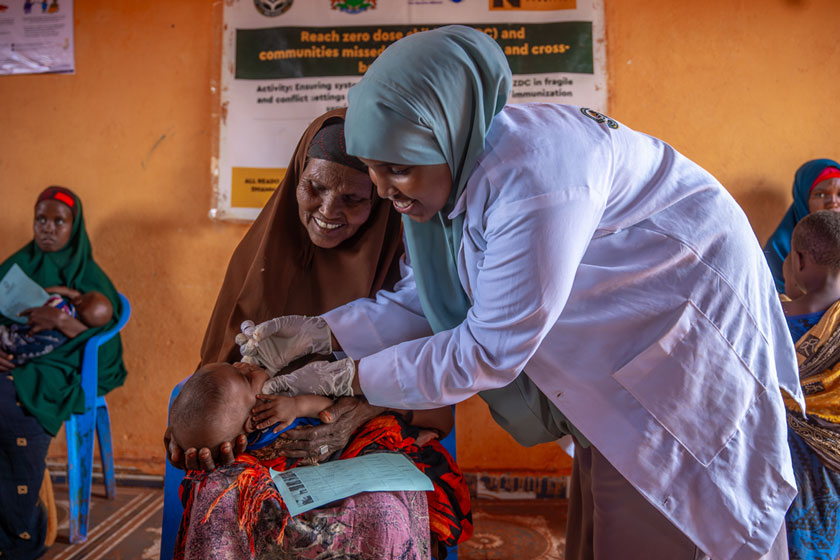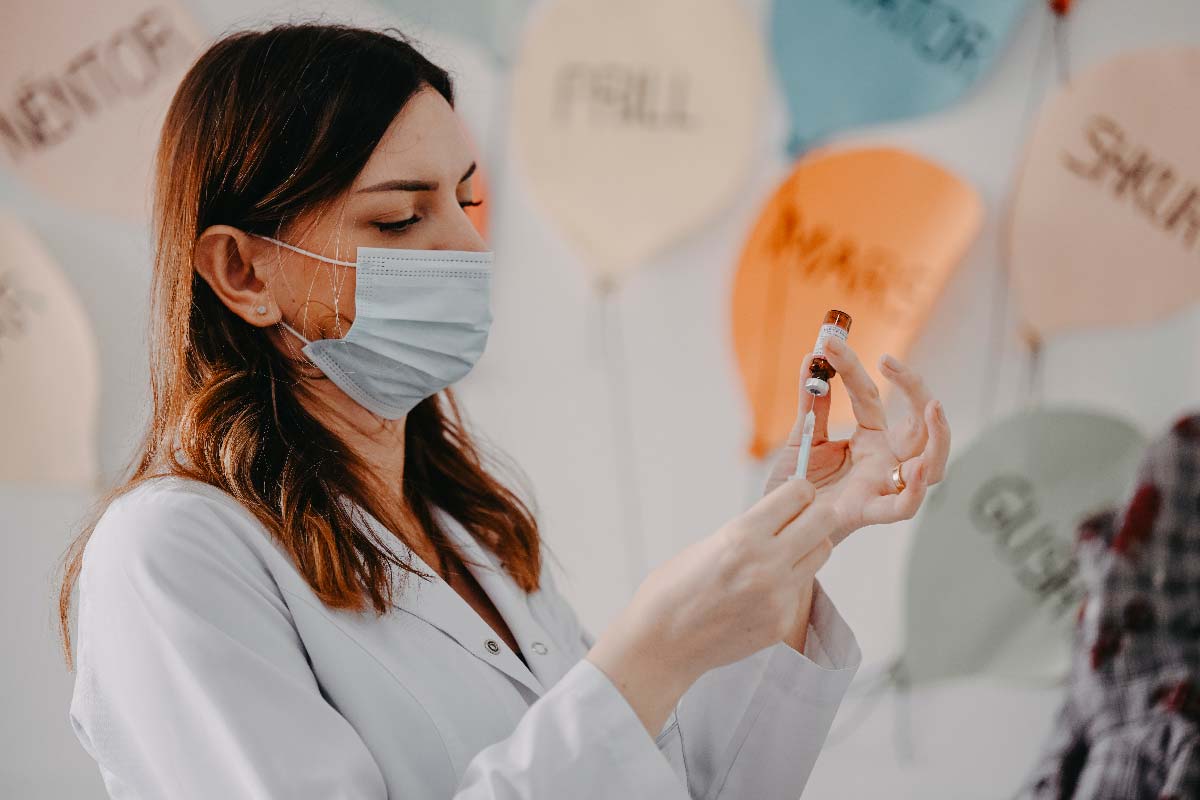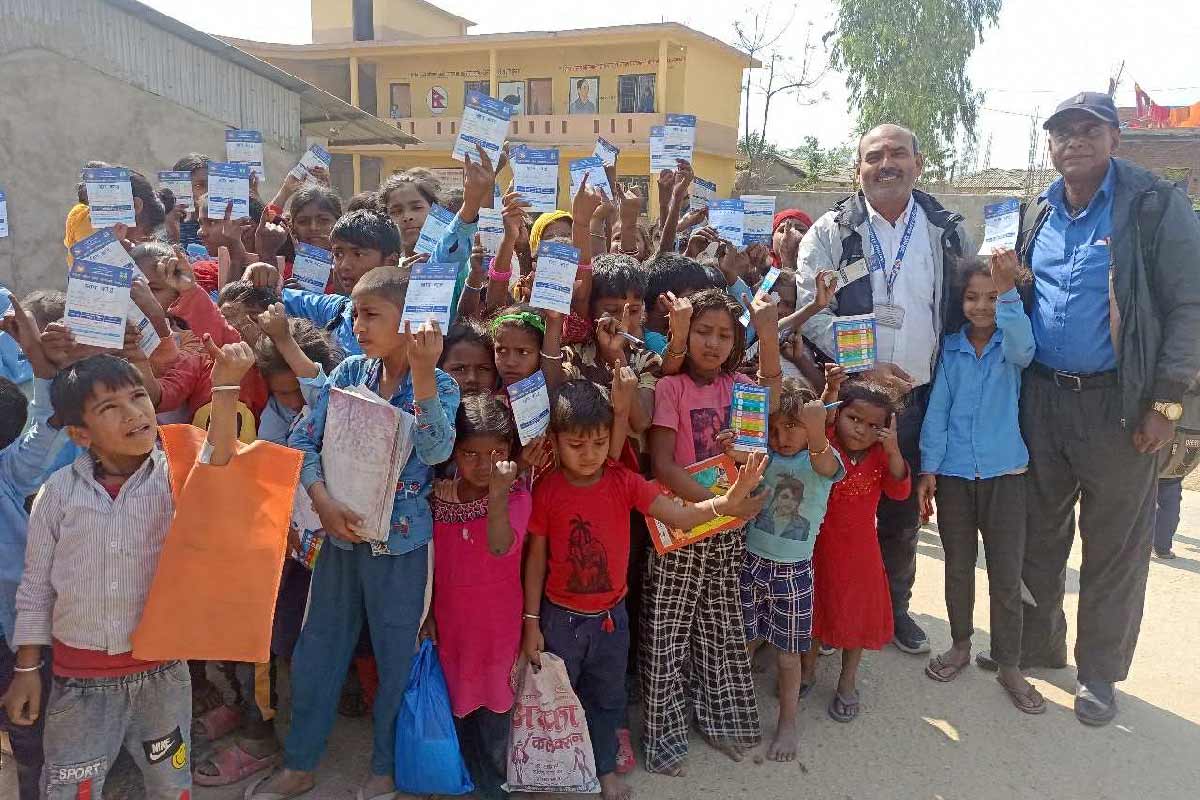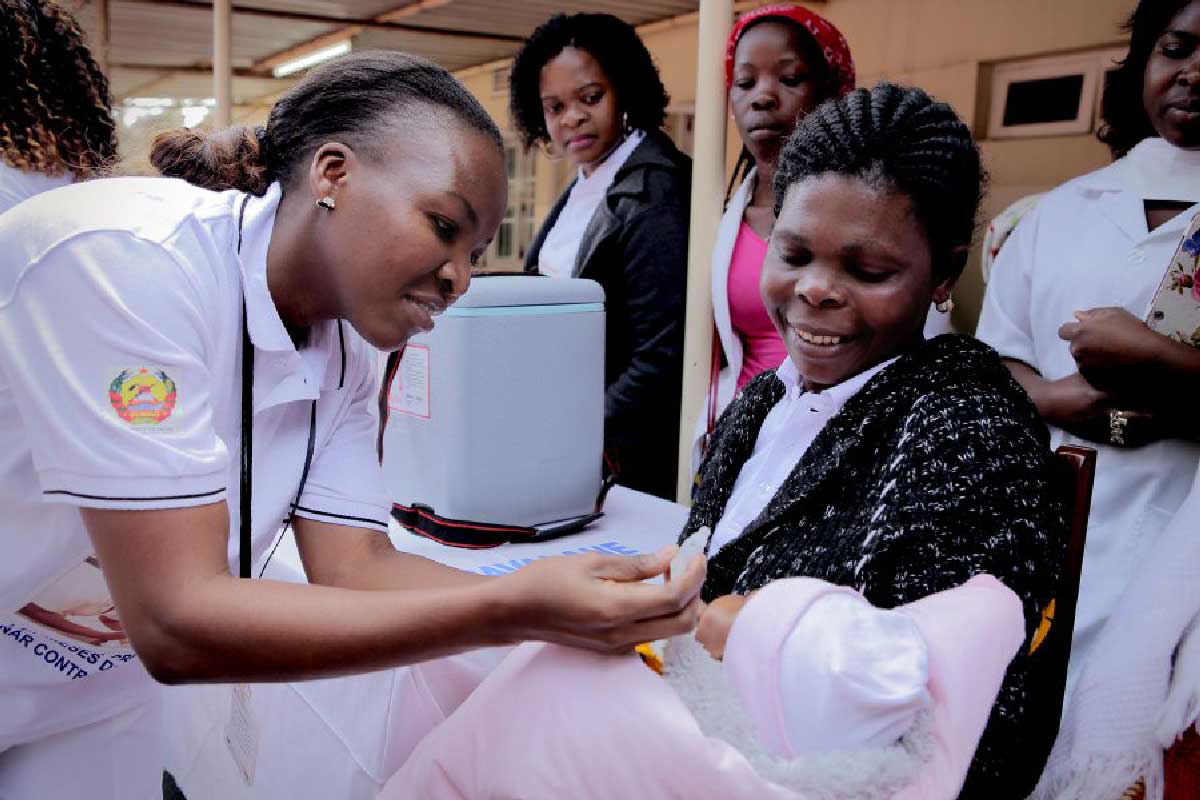Q&A: Cervical cancer in the Republic of Guinea
Professor Bangaly Traoré is the coordinator of the national cancer control programme in the Republic of Guinea. In this interview, we discuss the importance of vaccination against human papillomavirus, which can cause cervical cancer.
- 6 March 2023
- 2 min read
- by Gavi Staff

What is the impact of cervical cancer in your country?
Cervical cancer is the leading cause of cancer mortality and morbidity in the Republic of Guinea. It is estimated that there are more than 2,000 new cases annually and more than 1,800 deaths, which represents four to five deaths per day in our country.
Why do you think the HPV vaccine is important?
Guinea is one of the countries with a very high prevalence of human papillomavirus infection. Vaccinating against this virus will greatly reduce the incidence of cervical cancer in the Republic of Guinea.
"Cervical cancer is the leading cause of cancer mortality and morbidity in the Republic of Guinea."
What are the challenges in strengthening demand for this vaccine?
The challenge will be to advocate at government level, and mobilise resources to make vaccines available, and also to raise awareness for the population’s adherence to HPV vaccination.
Why is there distrust of this vaccine in Guinea?
Vaccination has not yet started, but what we notice are the socio-cultural barriers. We must overcome these considerations: we must talk about side effects and their management, and the safety of the vaccine for the people.
Read more
Why is vaccine advocacy and mobilisation important?
Advocacy will allow political commitment from the executive to mobilise resources at national and international level, which will make it possible to establish partnerships to make the vaccine available. At the level of the population it is, above all, necessary to mobilise local, socio-cultural stakeholders, influencers, to raise awareness and ensure social mobilisation, so that children aged nine to 15 are vaccinated against [human] papillomavirus.
What role can civil society organisations play?
Civil society organisations will create demand. They are the beneficiaries of these vaccination programmes. They will advocate at government level, and also support the implementation of vaccination programmes at community level.
